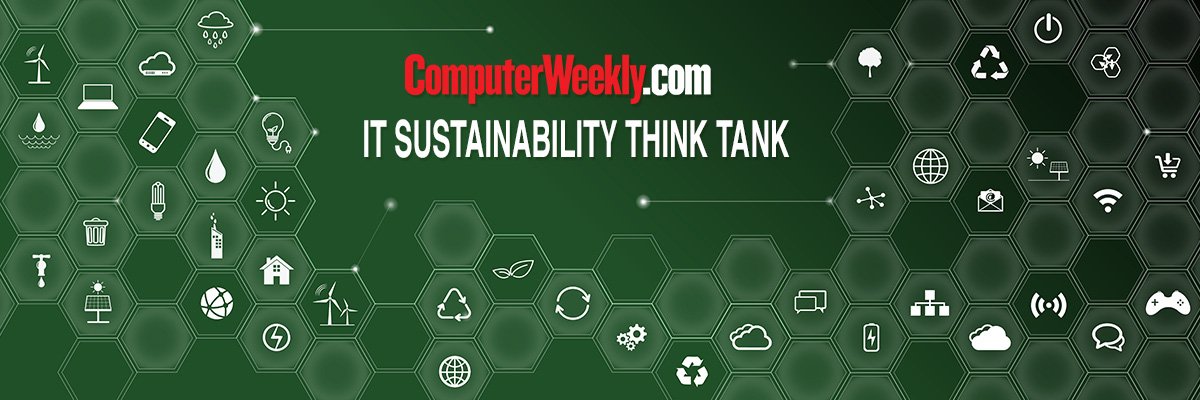
ESG [Environment, Social and Governance] is everyone’s favourite new acronym, working as a catch-them-all for climate action, worker rights, social responsibility, and energy efficiency, among other things.
For many, ESG invokes vague notions of eco-friendliness and for others it may indicate measures for net-zero or human rights compliance. ESG is, however, a significant political momentum consisting of many concrete policies both implemented at present and set to be implemented in the coming months and years.
For most IT companies, social and environmental footprint can feel quite abstract. However, legislation aimed at supply chains and procurement is starting to ramp up internationally.
For large companies and public sector organisations, including the UK government, new regulations will affect the procurement conditions that SMEs must comply with to score business. ESG responsibility will inevitably trickle down.
In 2022, the UK passed a landmark regulation to make TCFD (a climate risk reporting regime) mandatory for companies with a high staff count and turnover. Suppliers for in-scope companies may increasingly be called upon to report the carbon footprint of their business operations to help clients’ meet their compliance needs. This will mean collecting data on company emissions.
Scope 3 emissions, those resulting from a company’s procured services, are also part of the TCFD framework. These emissions are subject to further government work later this year, as set out in the 2023 policy document Mobilising Green Investment. Understanding your company’s scope 3 emissions is an important part of making progress towards your own net-zero target, while being valuable in placing pressure on your business partners.
In 2021, the UK government published its Procurement Policy Note (PPN 06/21) that requires companies bidding for government contracts to have a net zero plan in place. This applies to all contracts with an anticipated value above £5m per year (excluding VAT). For a small business, this is one of the most important pieces of policy worth considering.
In Europe, there are many large directives that will set out the regulatory landscape in EU member states. Keeping track of these is crucial for companies who wish to sell into the EU market or procure services from European countries.
The Corporate Sustainability Due Diligence Directive (CSDDD) is a European Commission-led proposal for human rights and environmental due diligence reporting. Although it remains in a developmental stage, the CSDDD will likely be mandatory for a broad scope of companies operating in the EU.
Whatever form it takes, the CSDDD will lead to a higher compliance burden for companies operating in the EU.
In addition to the CSDDD there’s the European Corporate Sustainability Reporting Directive (CSRD). This accounting directive entered into force for large companies in January 2023, requiring almost 50,000 companies across Europe to disclose their policies on ESG matters, including human rights, bribery, and anti-corruption.
These two pieces of EU law are broad and cover many sectors. The EU Energy Efficiency Directive has some direct implications for ICT businesses. The current directive has committed to reducing final energy consumption at EU level by 32.5% by 2030. The datacentre sector, key to all cloud services, and reliant on hardware suppliers will be greatly affected by this law in the years to come.
When it comes to sustainability, policymakers are moving ahead with ambitious and wide-ranging laws to achieve necessary environmental and social goals. Regardless of your company’s size or market, sustainability will soon be a core business consideration. Keeping on top of ESG developments is not only the right thing to do but will also give your business an edge over the competition.

Comentarios recientes